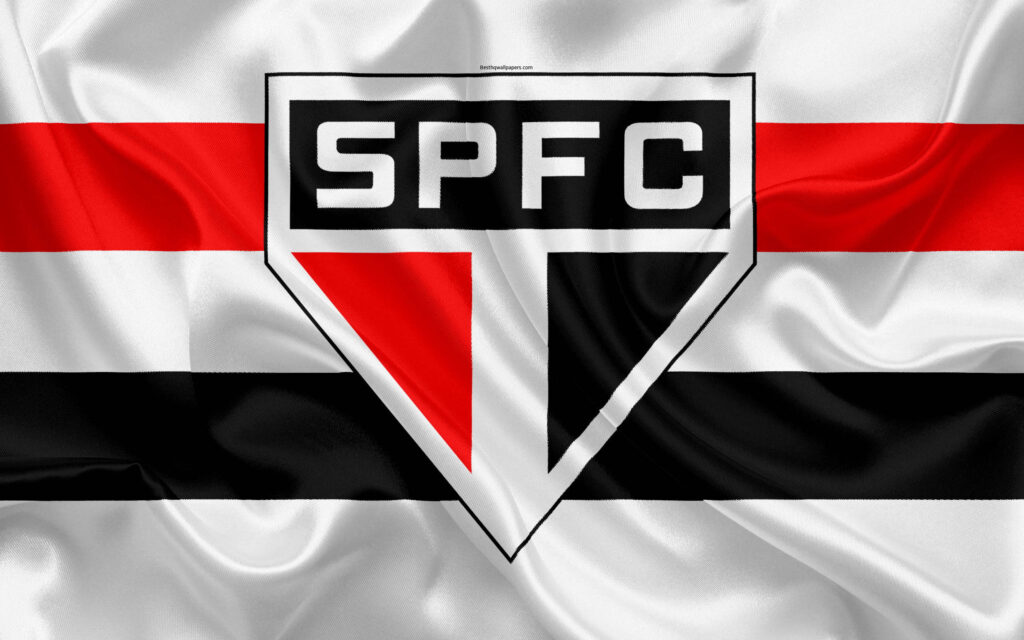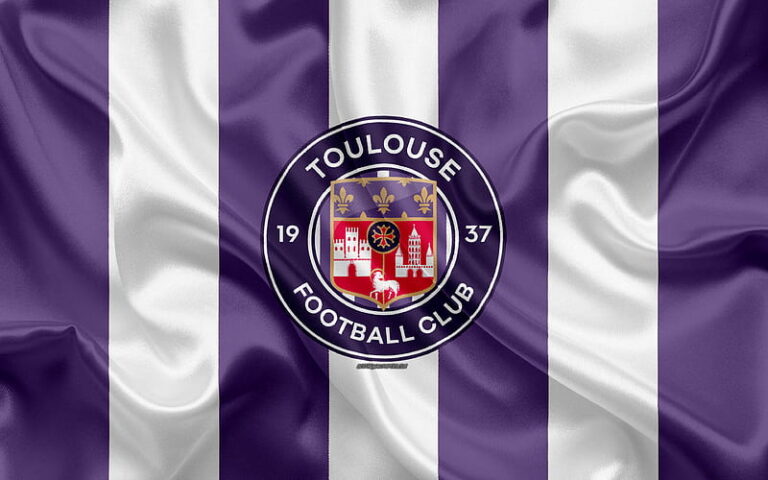
Sao Paulo FC
São Paulo FC is not just a football club; it is an emotional beacon that has led its supporters through triumphs and tribulations for over a century. Understanding the essence of the club requires delving into its rich history and how that influences its current identity and future trajectory.
Founding Years and Sao Paulo FC
The inception of São Paulo FC in 1930 came during a boom period for football in Brazil, with various clubs emerging across the country. It was founded as a merger of the two most successful clubs at the time, Clube Athletico Paulistano and Associação Atlética das Palmeiras nhà cái iq88.
- Roots in Local Football Brazil’s football culture was burgeoning, and São Paulo FC emerged from this thriving environment. The establishment of the club was strategic; by consolidating talent, they aimed to create a powerhouse capable of dominating the sport.
- First Trophies Within its first decade, São Paulo FC laid the foundation for what was to become a legacy of success. The club made significant strides, winning its first Campeonato Paulista title in 1931. The triumph not only instilled a sense of pride in its burgeoning fanbase but also marked São Paulo FC as a serious contender in Brazilian football.
- Iconic Players Valdir Joaquim de Morais, famously known as “Vavá,” represented the early golden days. He set the tone for future generations of players who would embody the club’s values on and off the pitch. These figures would define the club’s identity, becoming legends in their own right.
The Golden Era of the 1990s
The 1990s represented a watershed moment for São Paulo FC, both domestically and internationally, as the team cemented itself among football’s elite.
- Dominance in Brazilian Football São Paulo FC enjoyed a golden era in the late 20th century, clinching multiple Campeonato Brasileiro Série A titles and solidifying its reputation within the nation. Coaches like Telê Santana, with his tactical genius, were pivotal in crafting a successful squad.
- International Glory One of the defining moments of this era was winning the Copa Libertadores and the Intercontinental Cup. Their commanding performances against teams like Barcelona and Ajax not only showcased their prowess but also highlighted Brazilian football’s potential on the world stage.
- Cultural Impact The club’s success during this decade fueled a fervor among fans, uniting them in celebration and pride. This era positioned São Paulo FC as not just a football club but a cultural symbol that resonated deeply within Brazilian society.
Challenges and Resilience
While São Paulo FC has enjoyed substantial success, the journey has not been devoid of challenges. Their ability to consistently navigate these hurdles is testament to the club’s resilience and dedication.
- Financial Struggles The late 2000s introduced financial challenges that necessitated strategic decisions. Rival teams with deeper pockets attracted talent away from São Paulo FC, creating a competitive imbalance in the league. However, the management’s focus on developing homegrown talent became a beacon of hope.
- Adaptation to Modern Football The club faced scrutiny as it wrestled with its principles, needing to adapt to the ever-evolving world of football. The rise of analytics and sports science meant the club had to re-think its approaches, which included investing in modern methodologies for player assessment and health.
- Community Resilience Despite the vicissitudes, the unshakeable bond between the club and its supporters saw them through hard times. The fanbase stayed loyal, exemplifying unwavering devotion which is critical for any football club’s identity. This connection to the community is a core aspect of Sao Paulo FC legacy.



